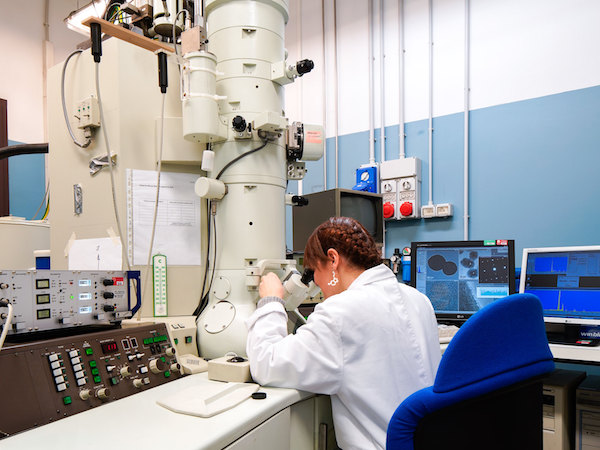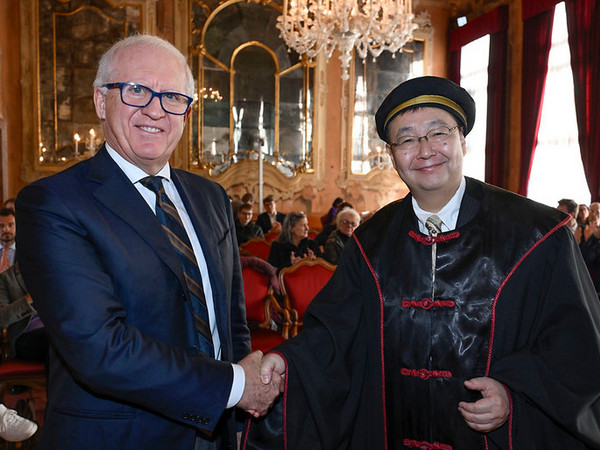Although female students make up over 50% of the university student population, only 16.5% of them graduate in so-called hard science, also known as STEM (Science, Technology, Engineering, and Mathematics), according to data from MIUR.
In an effort to bridge this gender gap and encourage female students to choose scientific careers, the Rector of Ca’ Foscari University of Venice, Tiziana Lippiello, has introduced a new incentive programme that involves a €500,00 reduction or reimbursement of university tuition fees for Bachelor's Degrees, to be awarded every year to the female students who achieve the best academic performance in Informatics, Environmental Sciences, Sustainable Chemistry and Technologies and Engineering Physics.
This prize is an addition to the financial aid that is already available for the scientific degrees mentioned above, raising the number of scholarships and incentives for STEM from 36 to 48. Thus, Ca’ Foscari reaffirms its commitment to the promotion of scientific careers, but also to the issue of gender equality in the academic world – a world in which the university has always strived to ensure that everyone has equal opportunities in the fields of research, study and work.
For information on financial aid for scientific degrees for the academic year 2021/2022, please refer to the dedicated page.
“The percentage of female students who undertake STEM university studies in Italy is still very low” says the Rector, Tiziana Lippiello. “In scientific degree courses at Ca’ Foscari, female students make up 33.6% of the student population, while male students make up 66.4%. This gap can be attributed to a cultural narrative which has traditionally labelled science as a male field of study. For this reason, our university has decided to create a series of merit-based financial incentives for the female students who decide to undertake scientific studies.
This is our contribution, an effort to encourage a wider participation of female students in scientific degree courses. There are no “female” or “male” degrees or jobs: our skills are unrelated to our sex or gender. What really matters is our passion, our training, the effort we make as individuals, as every day we challenge ourselves in facing the path ahead of us, in the world of work and in life.”
“Women in STEM are still underrepresented, especially in higher positions” says Michela Signoretto, full professor of Industrial Chemistry at the Department of Molecular Sciences and Nanosystems and Rector’s Delegate to Scientific Research. “The percentage of female full professors, both in my department and in the Department of Environmental Sciences, Informatics and Statistics, is around 15%.
Clearly there is a need for greater female representation in scientific subjects, so that obstacles can be removed and the way can be paved for an increased participation of women in certain fields of the world of work.
Another important factor when it comes to opening STEM careers to female students is communication: we need them to understand that scientific subjects are not as difficult as they are made out to be. In order to do so, we should give visibility to the stories of women who have achieved important results in scientific fields, and promote the opportunities that are already available, which can also be done by offering financial support.”











